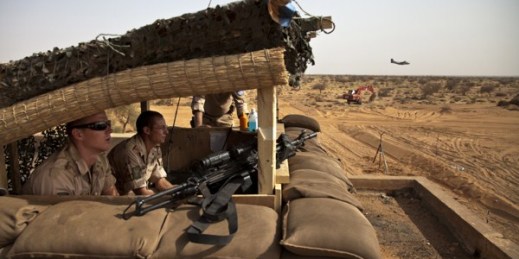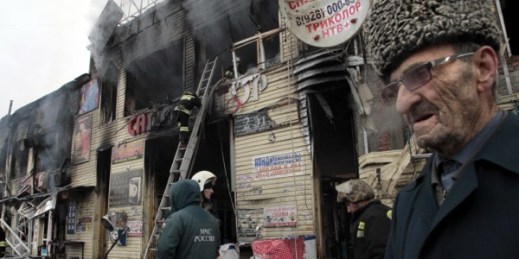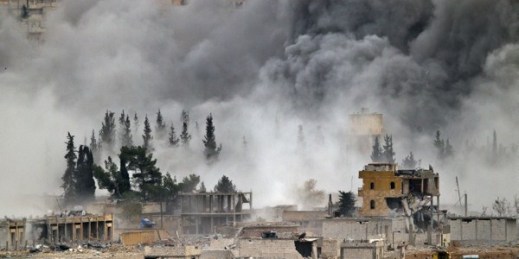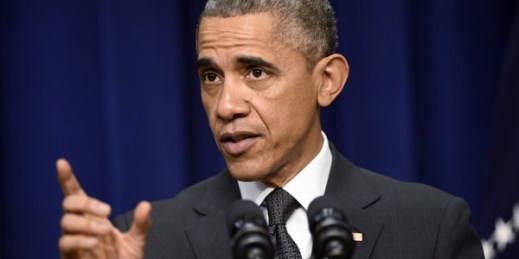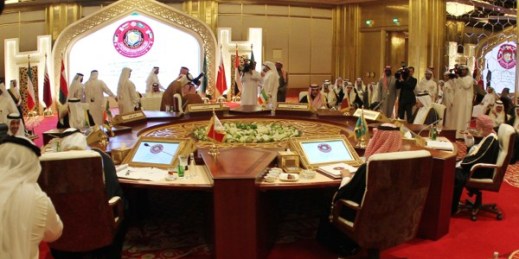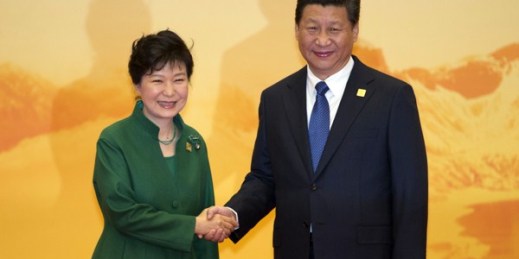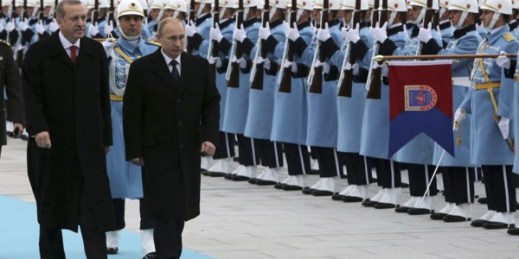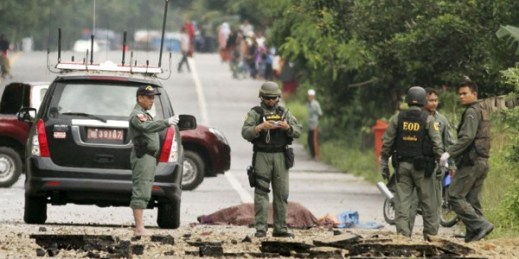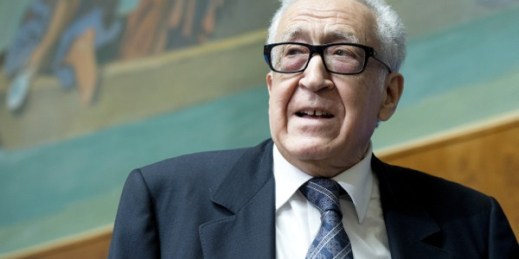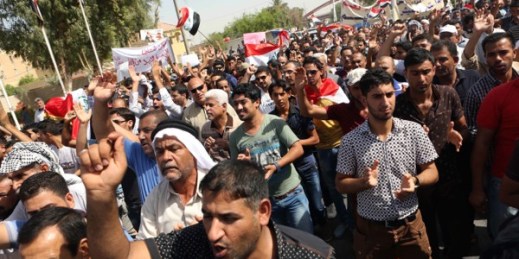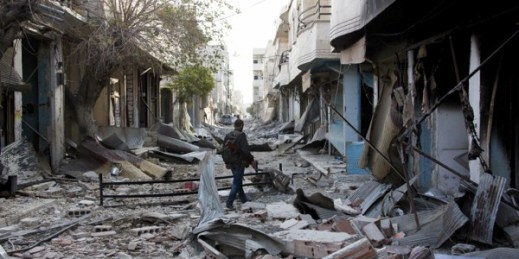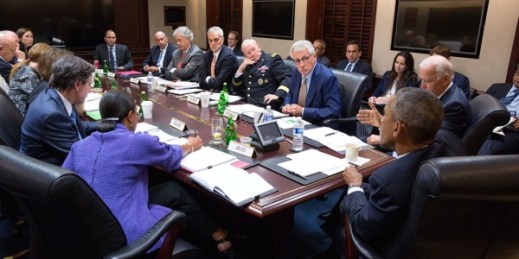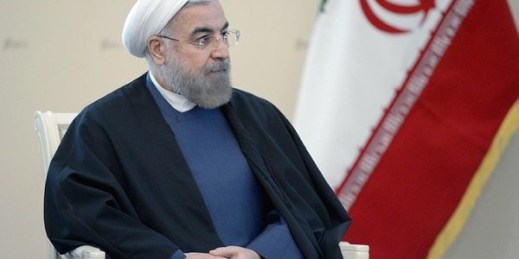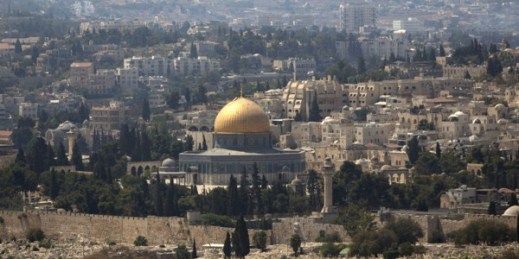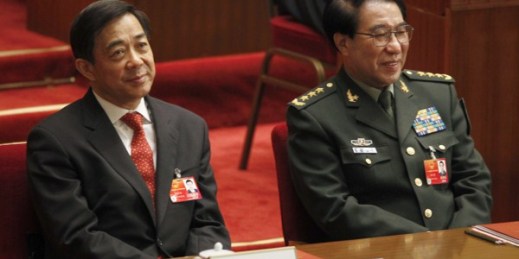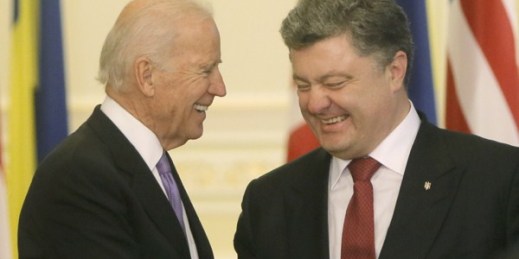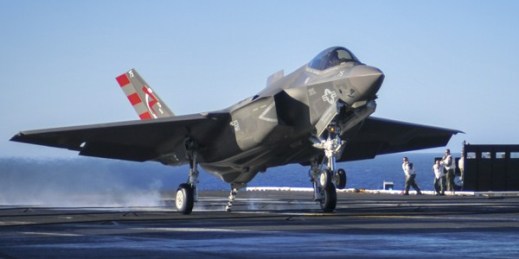
Canada may scale back its purchase of F-35 fighter jets, citing rising costs, according to a government report released last week. In an email interview, David Axe, editor of War is Boring, discusses the current status of the F-35 program. WPR: What is the current status of F-35 production, and how do current purchase orders compare to initial commitments? David Axe: Production is around 40 planes annually—and has been for a few years now. Most are for the U.S. military, but allied air forces have also begun to acquire a few copies. That’s a much, much lower production rate than […]

